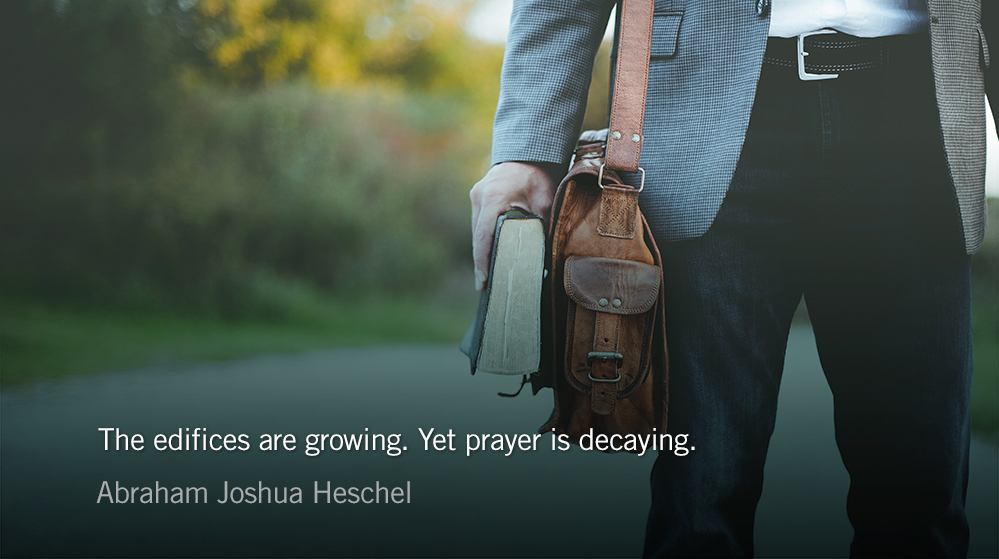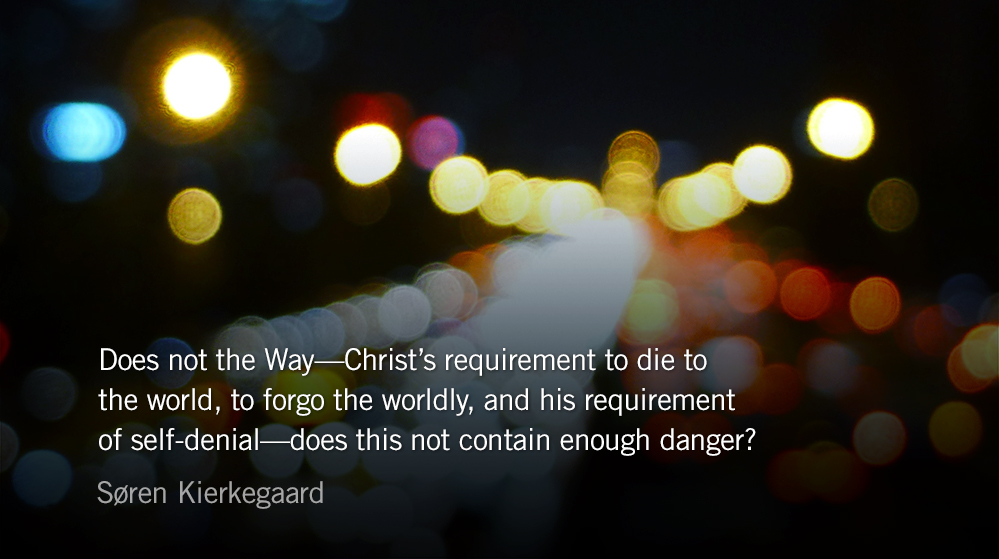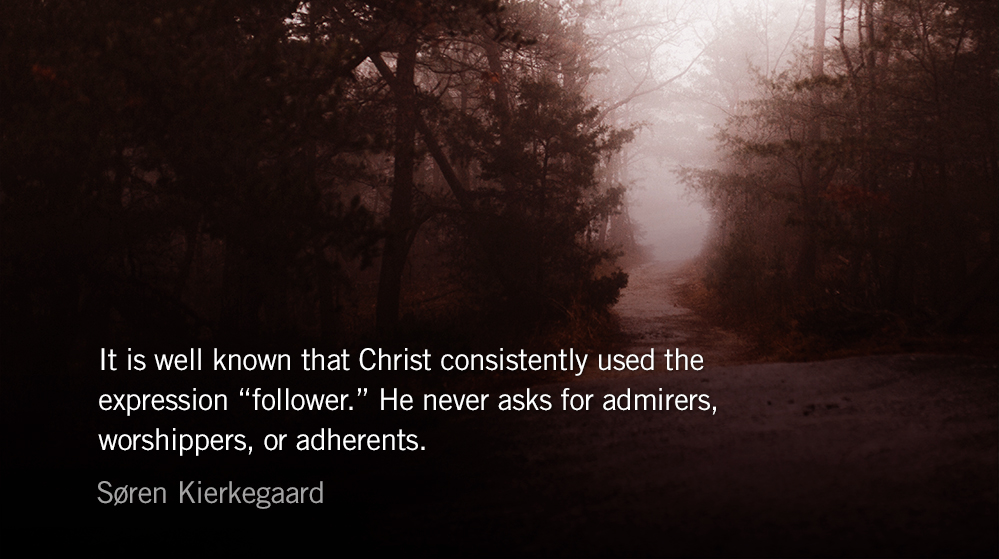The edifices are growing. Yet prayer is decaying.
—Abraham Joshua Heschel
Scripture: Psalm 119.14-15
In the way of your testimonies I delight as much as in all riches. I will meditate on your precepts and fix my eyes on your ways.
Reflection: Finding Words to Pray
The Park Forum
“The true source of prayer is not an emotion but an insight,” observes Abraham Joshua Heschel in Man’s Quest for God. Yet our sources for insight often prove inconsistent or even unreliable. Cultures wax and wane, emotions churn, even our personal perspectives evolve. Nothing can eviscerate a prayer life more quickly than locating our sole source for insight inside ourselves.
“It is the insight into the mystery of reality, the sense of the ineffable, that enables us to pray,” says Heschel. So too, the psalmist who composed the longest chapter in scripture, Psalm 119. The overtone of the psalm is the confession of God’s word as the source of vitality, joy, and meaning in life. The undertone is the way meaningful prayer is sparked and fueled by insights found in his transcendent word.
The remedy for spiritual dryness is prayer saturated with scripture. When we pray the words of scripture they enliven our prayers by allowing God’s word to blossom inside our heart, mind, and soul. In An Exposition on Prayer in the Bible Jim Rosscup identified the psalmist’s record of this experience, verse-by-verse, in Psalm 119.
In regards to our daily experience, God’s words in prayer are, “purifying (verse 9), a treasure (11, 72), joy-inspiring (14), delighting (16), replete with wonderful things (18), counselors (24), enlivening (25), strengthening (28). They are freeing (45, 133), comforting (52), stimulating for melody (54), perfecting (80), life-encompassing (96), sweet dessert (103), light (105), an inheritance (111), and worth waiting for (114). Not only these, but they are protecting (117), provocative of hate toward evil (128), truthful (142), righteous (144), everlasting (160), awe-inspiring (161), peace-promoting (165), and love-kindling (167).”
To experience this first-hand, Rosscup suggest taking one eight-verse section of Psalm 119 and praying through it each day. “God saturates all the psalmist’s thoughts as he prays, and rekindles one’s passion for God just to pray the very verses as one’s own thoughts.”
The Call to Prayer
Let us bless the Lord, from this time forth for evermore. Hallelujah! —adapted from Psalm 115.18
– From The Divine Hours: Prayers for Summertime by Phyllis Tickle.
Full prayer available online and in print.
Today’s Readings
Deuteronomy 27-28:19 (Listen – 13:27)
Psalm 119:1-24 (Listen – 15:14)






